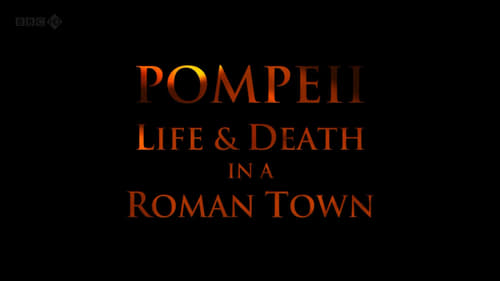
self
Рассказ об одном из самых известных и загадочных археологических мест в мире.

Narrator
The subject of this documentary is a straightforward one: presenter Andrew Wallace-Hadrill introduces us to the treasures of Herculaneum, the city close to Pompeii that suffered a similar fate as a result of the eruption of Mount Vesuvius, but which was covered under a far thicker layer of lava and other materials.

Himself
The volcanic eruption that ravaged Pompeii in year 79 is one of the most famous in history. It is known how its victims died, but how did they live? A new insight into the lives of the people who lived in the shadow of Mount Vesuvius before its cataclysmic eruption.

Self
An in-depth look at the entire making of Ridley Scott's Gladiator. Consisting of: Tale Of The Scribes: Story Development, The Heat Of Battle: Production Journals, Attire Of The Realm: Costume Design, Shadow And Dust: Resurrecting Proximo, The Glory Of Rome: Visual Effects, Tools Of War: Weapons, Echoes In Eternity: Release And Impact,and final Production Credits.

Host
On the 24th August 79 AD, the eruption of Vesuvius eradicated the cities of Pompeii and Herculaneum. This extraordinary film uses visual effects and archaeological findings to chronicle the last 24 hours of Pompeii. Remains of 300 citizens trapped in beach-side crypts allow scientists to reconstruct local life in the First Century after Christ. Computer graphics recreate the scale of the eruption.

Self
A look at the making of the Gladiator (2000) and the historical aspects presented within the film. Interviews with cast, crew and historical professors tell us a little bit more about certain locations and characters than what was in the movie.

Self
Rome, 2000 years ago was the world's first ancient megacity. In a world where few towns had more than ten thousand inhabitants, more than a million people lived in Rome. How did they manage without all the technologies of our modern cities? How did they bring in enough food to sustain the population? How did they house them? How did they maintain law and order? How did they make this city work?





